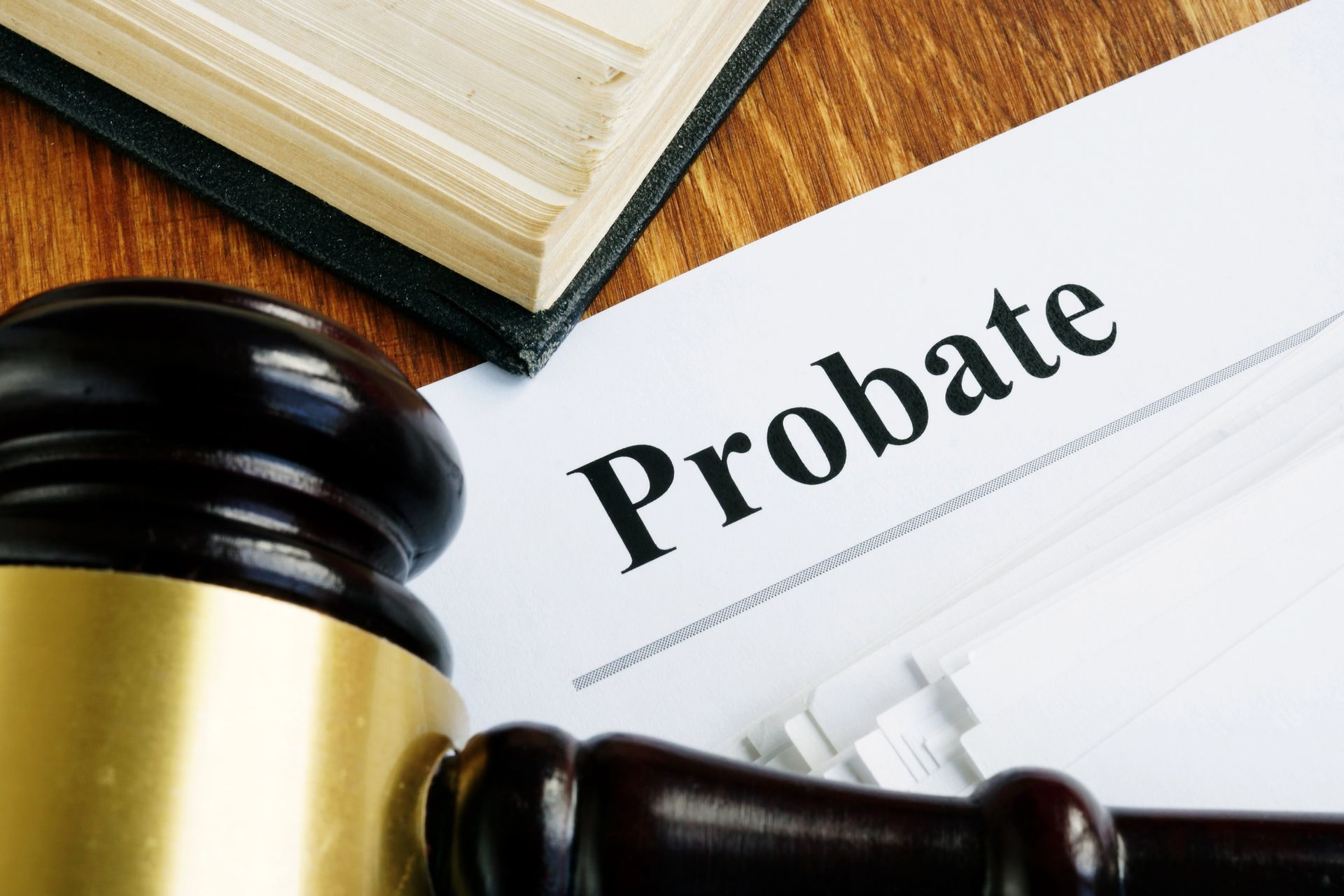What Happens If You Don’t Write a Will?
Estate Distribution Without Prior Arrangements

As an estate planning attorney, my mission is to make complex legal jargon accessible and understandable. This month, I want to discuss a critical topic: what happens when people do not write a will.
Many individuals believe they don't need a will for various reasons, but these misconceptions can lead to significant issues for their loved ones. Let’s delve into the common reasons people forgo writing a will and why having one is essential.
Common Reasons People Think They Don’t Need a Will
1. “Everything I have will go to my spouse.”
- Many assume that their assets will automatically transfer to their spouse. However, without a will, the distribution of assets may not be as straightforward as you think, especially if there are children or step children.
2. "I don’t have anything of value.”
- People often underestimate the value of their possessions. Items like old stocks, bonds, collectibles, or even digital assets can hold significant value.
3. “I’m too young to need a will.”
- Unexpected events can happen at any age. It's crucial to plan ahead to ensure your wishes are followed and your loved ones are taken care of.
4. “My family will know what to do.”
- Leaving decisions up to family members can lead to disputes and added stress during an already difficult time. A will provides clear instructions, preventing misunderstandings and possible family discourse.
5. “I’ve told my family what I want.”
- Verbal agreements are not legally binding. A written will is necessary to ensure that your wishes are legally recognized and carried out. Even if your family agrees to follow your expressed wishes the Court nor financial institutions will authorize your family to act without the creation of an estate.
Now, here are the Top 10 Reasons You Should Have a Will
1. Ensure your assets are distributed according to your wishes.
- Without a will, state laws will dictate how your assets are distributed, which may not align with your desires.
2. Appoint a guardian for minor children.
- A will allows you to nominate a guardian for your children, ensuring they are cared for by someone you trust.
3. Minimize family disputes.
- Clear instructions can prevent conflicts among family members over the distribution of your estate.
4. Reduce stress and confusion for your loved ones.
- A well-drafted will can simplify the process, making it easier for your family to handle your affairs.
5. Protect your digital assets.
- Specify what should happen to your online accounts, social media profiles, and digital files.
6. Provide for your pets.
- Include provisions for the care of your pets, ensuring they are looked after.
7. Support charitable causes.
- A will allows you to make bequests to charities and causes you care about.
8. Take advantage of tax benefits.
- Proper estate planning can help reduce estate taxes and preserve more of your wealth for your beneficiaries.
9. Appoint an executor of your choosing.
- Designate a trusted person to manage your estate, ensuring your wishes are carried out efficiently.
10. Create a comprehensive estate plan.
- A will is a crucial component of a broader estate plan, including trusts, powers of attorney, and healthcare directives.
Probate Vs. Administration
Probate is the legal process of administering a deceased person's estate when a valid will exists. Without a will, an estate falls into administration and the law creates a default will for you.
If there is no will, a court will appoint an administrator, determine heirs, and oversee the distribution of assets according to state law. This process can take longer than Probate as the Will provides information and direction to the Court that in some cases may not be clear and cause delay.
A clearly written and properly executed will can streamline the estate process, reducing the time and expense involved. A will specifies your wishes, making it easier for the executor to distribute your assets efficiently.
Contested Wills and Their Implications
When a will is contested, it means that someone is challenging its validity. This can lead to lengthy legal battles and significant emotional and financial costs. In a future blog, we will delve deeper into the topic of contested wills and how your estate lawyer can help you navigate these challenges.
Summing it Up
Writing a will is essential to protect your assets, your family, and your legacy. Don't leave your estate to chance. Schedule an appointment with your attorney today to ensure your wishes are clearly documented and legally binding.
For more detailed information on contested wills and how we can assist you, stay tuned for our upcoming blog post.
---
Feel free to reach out to us at Thomas J Manzi PC Attorneys at Law for personalized assistance with your estate planning needs. If you have any questions or would like to discuss creating a will, please do not hesitate to contact our office.
To get started today,
click here
to book your consultation.
Free Consultation
Sound legal advice is based on years of training, hard work, and passion, as well as familiarity with legislation and precedent and sound consideration. You’ll find all that and more at
Thomas J. Manzi PC.
We will get back to you as soon as possible
Please try again later
About Us
Contact info
Suite 6300
Central Islip, NY 11722











